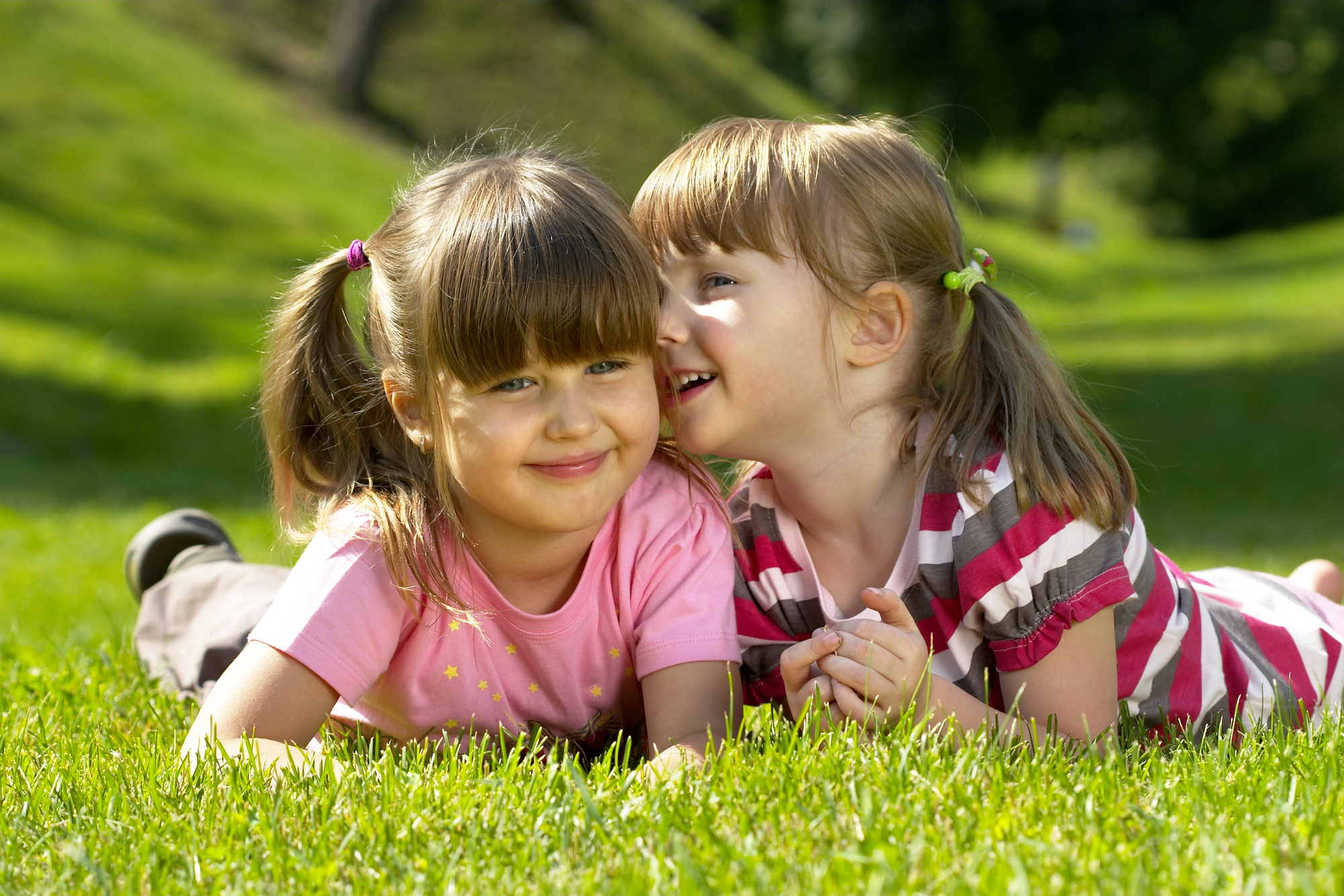We all know the saying “sticks and stones may break my bones but words will never hurt me”. This is the old school approach to dealing with conflict or ‘friendship fires’ between kids which when you think about it, is pretty emotionally dismissive.
Because here is the thing: words can, and do hurt.
So why do we tell our kids to ‘just play with someone else’ or ‘dust it off’? Quite simply, we want to make it better. This can either look like telling our child to play with someone else (sticks and stones), or ringing the parent of the other child/charging into the school and demanding action.
None of these options are great for our kids because they don’t empower our kids, they don’t allow them to feel ‘heard’, and this means our kids are left feeling alone with their feelings and less confident about how to handle a similar situation in the future.
We want to make sure our kids feel connected and heard in their emotions. This helps them process what happened and actually builds up their ability to problem-solve for next time.
Here are three steps to a connected conversation around struggles with friends.
-
Listen
If your child gets in the car and tells you that no one played with them that day the instinct to fix, reassure, or give advice is hard to resist. You may need to internally say to yourself “don’t fix it”… and when you can it makes a huge difference.
This may sound like silence, slowing down your breathing, showing you are listening with your body or saying something like: “That sounds like a really hard day, are you ok?” Or “How did that make you feel when your friends said you couldn’t play?”
-
Connection
One of the most powerful things we can do for our kids when they are upset is to let them know that we too, know what it’s like to have that feeling. They are not alone.
While we may not have actually experienced the ‘exact’ scenario our child is facing, we have probably felt that feeling. The feeling might be embarrassment, loneliness, or disappointment. We communicate that we get it by staying close, listening, and saying something like “I bet you felt really disappointed when Maddy didn’t pick you for her team. That happened to me once and I remember it felt awful”
When we stay focussed in this space (empathy) we are less likely to jump to solutions. Most times, this is all our kids need, to feel heard and know they are not alone in their feelings.
-
Coach
Sometimes, our kids need more than a listening ear. Once they feel heard in their feelings there is space to coach. Sometimes intervention with a teacher or the school is necessary, and this is certainly vital where bullying is suspected.
However, for smaller issues and friendship ‘fires’ we can coach our kids to navigate this on their own. This may sound like “I wonder, would you like to talk through some ideas together about how you might handle it if this happens again?” This is our opportunity to help our kids brainstorm some solutions.
Often the best ideas will come from our kids. The more we trust our kids to navigate these small friendship issues on their own, the more confident they will get at handling these issues in the future.
Gen Muir is an Obstetric Social Worker, Parenting coach, and mum to four boys with a passion for helping parents in to understand behaviour and emotion in kids.
With the experience of working with over 40,000 parents though her work at the Mater and privately, Gen has a great understanding of the real challenges facing modern parents.
Website https://www.connectedparenting.com.au/
Instagram https://www.instagram.com/connectedparentingau/?hl=en







